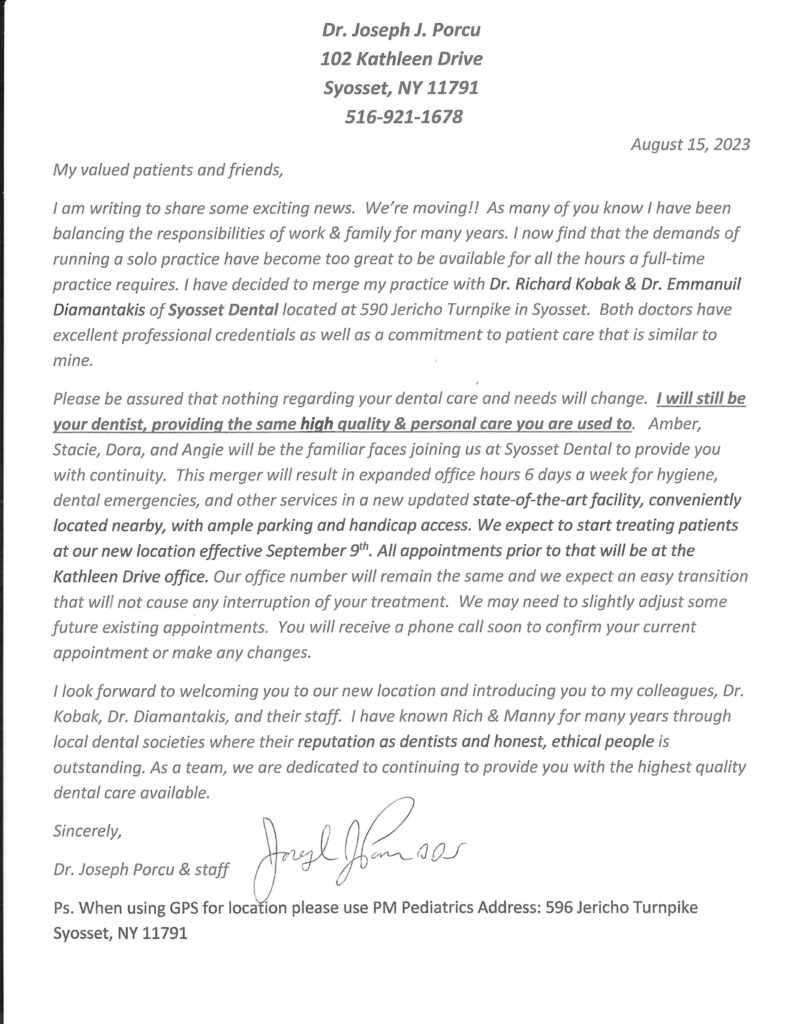Preventive Care Against Gum Disease

About 80 out of every 100 people have gum disease, which can affect their smiles to different degrees. In the early stage, it’s called gingivitis, and it may be reversed if preventive treatment is sought early enough.
Why It’s Important to Prevent Gum Disease
As gingivitis develops, there may be no noticeable symptoms present to warn you of it. Over time, the disease progresses, causing bad breath, red, tender, swollen gums, and bleeding while brushing teeth. Pockets of bacteria form at the gum line as the gum tissues recede. Without treatment, gum disease can escalate to cause loose teeth or tooth loss, as well as jawbone deterioration. In fact, gum disease is the main cause of adult tooth loss in the United States.
What Causes Gum Disease?
Some medications and lifestyle habits, like smoking, can increase your risk for developing gum disease. However, the primary cause of gum disease is poor oral hygiene and a lack of adequate dental care. Everyone has good and bad oral bacteria, which form films of sticky dental plaque. If you don’t brush and floss daily, and see your hygienist for a dental cleaning every six months, plaque will build up on and between your teeth. Over time, plaque hardens into tartar, or calculus. This irritates the gums, and as bacteria begin to grow and thrive, your gums become red and tender. The bacteria erode the bond that connects your gums to your teeth, and pockets form at the gum line. There, bacteria continue to accumulate, and your gingivitis will continue to worsen.
How Do You Treat Gum Disease?
Regular preventive checkups and cleanings, combined with daily brushing and flossing, will reduce your risk of developing gum disease. However, should you become one of the 80% of people who have gum disease, we may recommend periodontal cleaning as soon as possible. The procedure involves removing tartar (hardened plaque) from below the gum line, then smoothing rough areas on the roots of your teeth. Plaque often builds up these areas, and by smoothing them, we can reduce your risk of future plaque buildup. In some situations, antibiotics are advised to combat bacterial infection. After your deep cleaning, you’ll return every three months (or as often as advised) so we can track your treatment’s progression. For periodontitis, the most severe form of gum disease, we may refer you to a periodontist for expert periodontal surgery.
Take better care of your gum health
If you notice signs of gum disease, or your dentist points them out during your regular preventive visit, it’s important to address the condition as soon as possible. To schedule your appointment, call Syosset Dental today at 516-433-2211 or 516-921-1678. We proudly serve the residents of Syosset, Long Island, Nassau, Suffolk, and all surrounding New York City communities.











